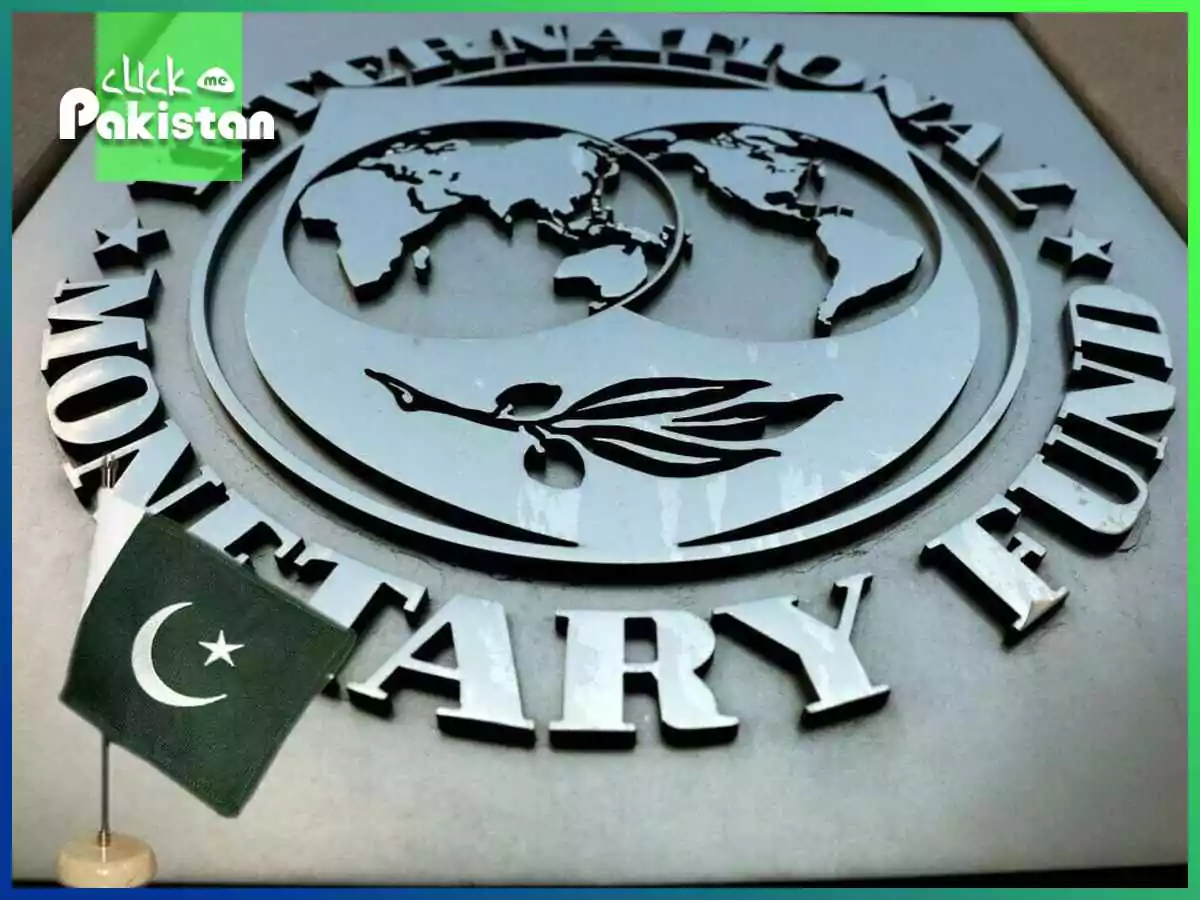Introduction
The International Monetary Fund (IMF) is an important financial organization within the United Nations. It is an international financial institution supported by 190 countries. The mission is to guarantee sustained growth and prosperity for all nations. It does it by supporting economic policies that promote financial stability and monetary cooperation.
IMF’s Role in Pakistan’s Economy

To maintain its balance of payments and meet financial obligations of Pakistan’s government. Has relied on loans. It makes significant loans for criteria of fiscal and monetary policy reform. They have handed down a series of conditions to Pakistan. They are important in promoting international trade, investments and economic growth.
Tax system review
Pakistan’s tax system has undergone significant reforms over the last two decades. It leads to the modernization of direct and indirect taxes. The FBR has been engaged in a broad plan to modernize the entire tax administration. The International Center for Public Policy is under contract with the World Bank. It conducts the Tax Policy Review Project to enhance Pakistan’s tax system.
Impact on the tax system

It promotes economic growth and financial stability. IMF plays a key role in helping turn around struggling economies. Monetary support includes financial loans. The economy and the government has been hurt by these conditions. It slows down economic development. It increases poverty and inflation and makes things more unequal.
Analysis of the Tax system
Pakistan defined its taxation structure as follows before the intervention.
1. Pakistan had one of the world’s lowest tax-to-GDP ratios, ranging from 9 to 10%.
2. Taxes were high, with a 30% minimum income tax rate.
3. With such a big informal economy, just a small portion of the people were taxed.
4. There is a significant disparity between prospective tax revenue and actual collection.
5. Tax policies and laws were out of date, with few revisions being implemented.
Refuse to Pay Taxes
The IMF has been providing financial help to Pakistan through several loan programs. However, they have strict terms and limitations for these loans. If Pakistan does not achieve the necessary targets. In these terms, they may suspend Pakistan’s loan program. They denied significant concessions included in the Finance Bill 2024. They also refused to approve the re-establish a fixed income tax scheme on exports.
Challenges faced by system
Pakistan’s reliance on financial assistance is important for economic stability and fiscal management. IMF any reduction can challenge tax changes , tighten fiscal limitations. Undermines investor’s confidence. It may causes the investments to decline and economic growth to lag. Without this, Pakistan may face tighter fiscal constraints. It makes it more difficult to support critical government programs.
Public issues arise when funds stop
When IMF stops delivering loans. It can cause economic instability, reduced government revenue, reduced public spending. Impact on public services, and an increase in poverty and unemployment. These factors may cause public anxiety, protests, and calls for government action to address the economic crisis and more. To overcome the difficulties, the government may need to change its policies and look for alternative funds.
Influence on developing countries

They plays an important role in developing countries by providing financial programs. It also provides policy guidance and technical support. It maintains economic stability. Encourages structural improvements and offers financial help during crises. It promotes poverty reduction and fosters international cooperation. Loans can result in strict terms and a lack of ownership.
Final thoughts
The decision to stop tax-related help makes Pakistan’s economic conditions difficult. As the Country adjusts its fiscal policies and reform efforts. Its concerted measures will be required to increase income collection. It boosts investor confidence and maintains economic stability.









